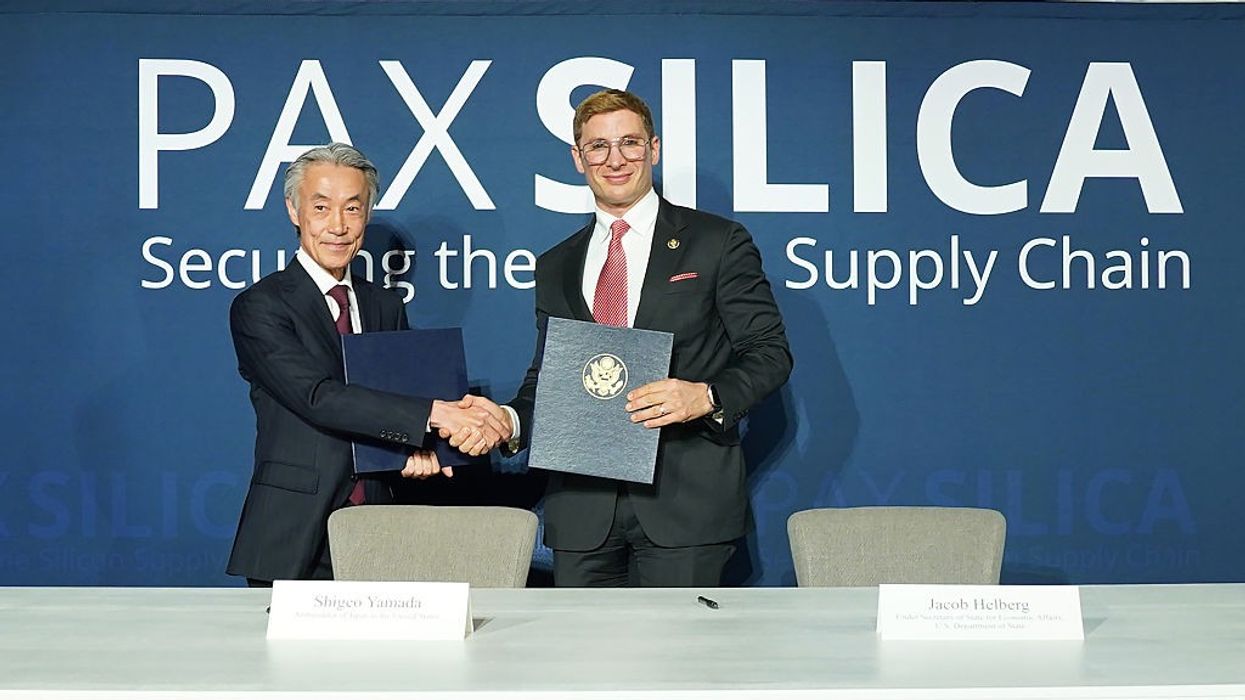IN what is seen as a tightening of rules that could hit e-commerce giants like Amazon and Walmart-Flipkart, India has proposed banning flash sales on e-commerce websites and said their affiliate entities should not be listed as sellers on their platforms. The new rules of the Ministry of Consumer Affairs, which are part of a 14-page draft consumer protection amendments published on the ministry’s website on Monday (21) evening, come amid allegations that the foreign e-commerce players were bypassing Indian laws by misusing complex business structures. The department has sought feedback till July 6.
Amazon and Flipkart have claimed that they comply with the Indian laws. On Monday, Amazon said it was reviewing the draft rules and did not come up with an immediate reaction, Reuters reported, adding that Flipkart too did not respond.
ALSO READ: Flipkart, Amazon file legal challenges against anti-trust probe resumption in India
India’s competition commission relaunches probe into Amazon’s selling practices
Under the tighter proposals, the e-commerce companies cannot hold flash sales in India. While these sales are hugely popular in times of festivals, they have also faced anger among offline sellers who allege that they cannot compete with the deep discounts that the online sellers offer.
The e-commerce firms also must ensure that none of their “related parties and associated enterprises” are listed as sellers on their shopping websites and no related entity sells goods to an online seller operation on the same platform.
Changes could impact business structures used by Amazon, Flipkart
Industry sources and lawyers said these changes could impact the business structures used by Amazon and Flipkart in India’s fast-growing e-commerce market, Reuters added.
An investigation carried out by Reuters in February showed Amazon giving preferential treatment to a small group of sellers for years. The e-commerce company holds an indirect stake in two of the top sellers on its website but says it does not give any preferential treatment.
The Indian government said that with the proposed amendments, it aims to bring transparency in e-commerce platforms and strengthen the regulatory regime further to curb unfair trade practices.














